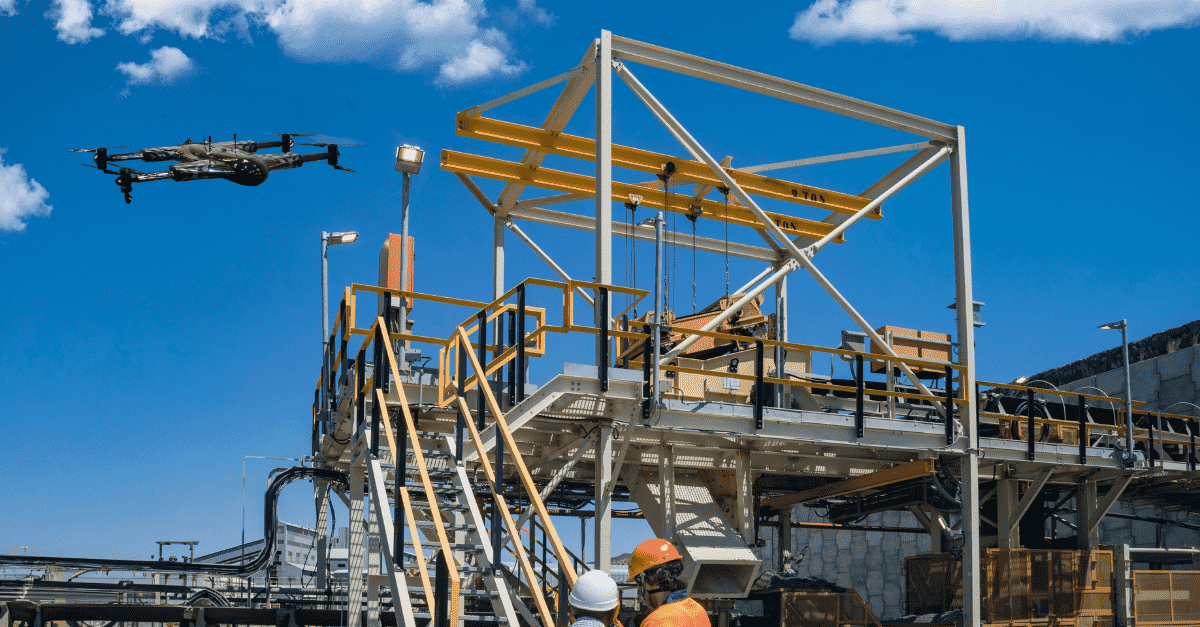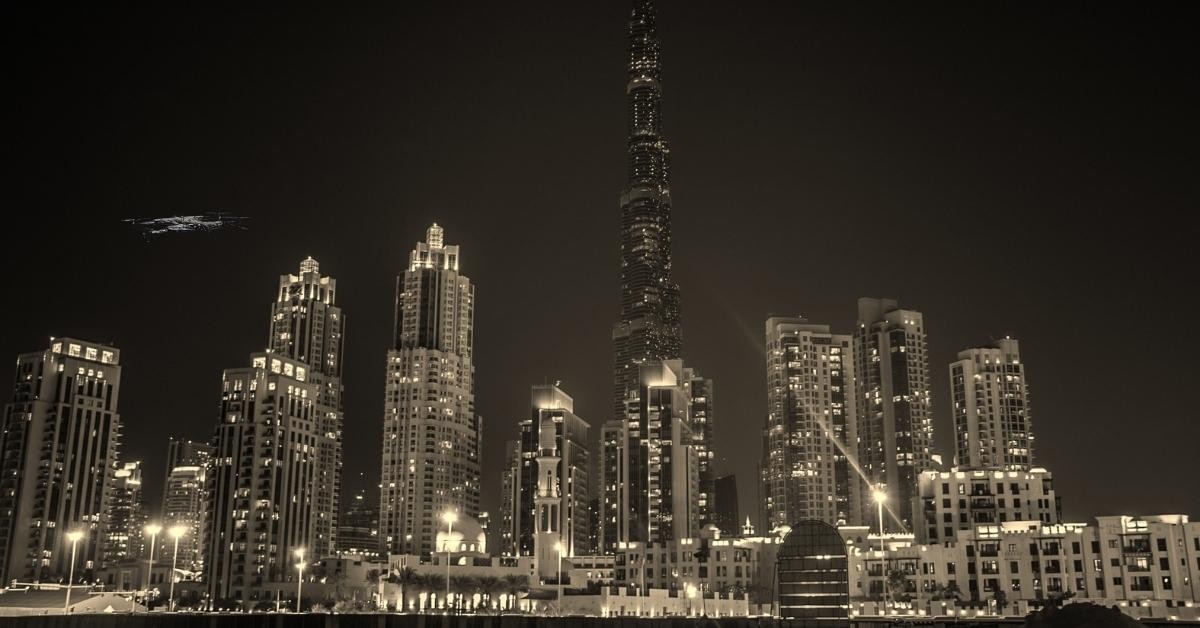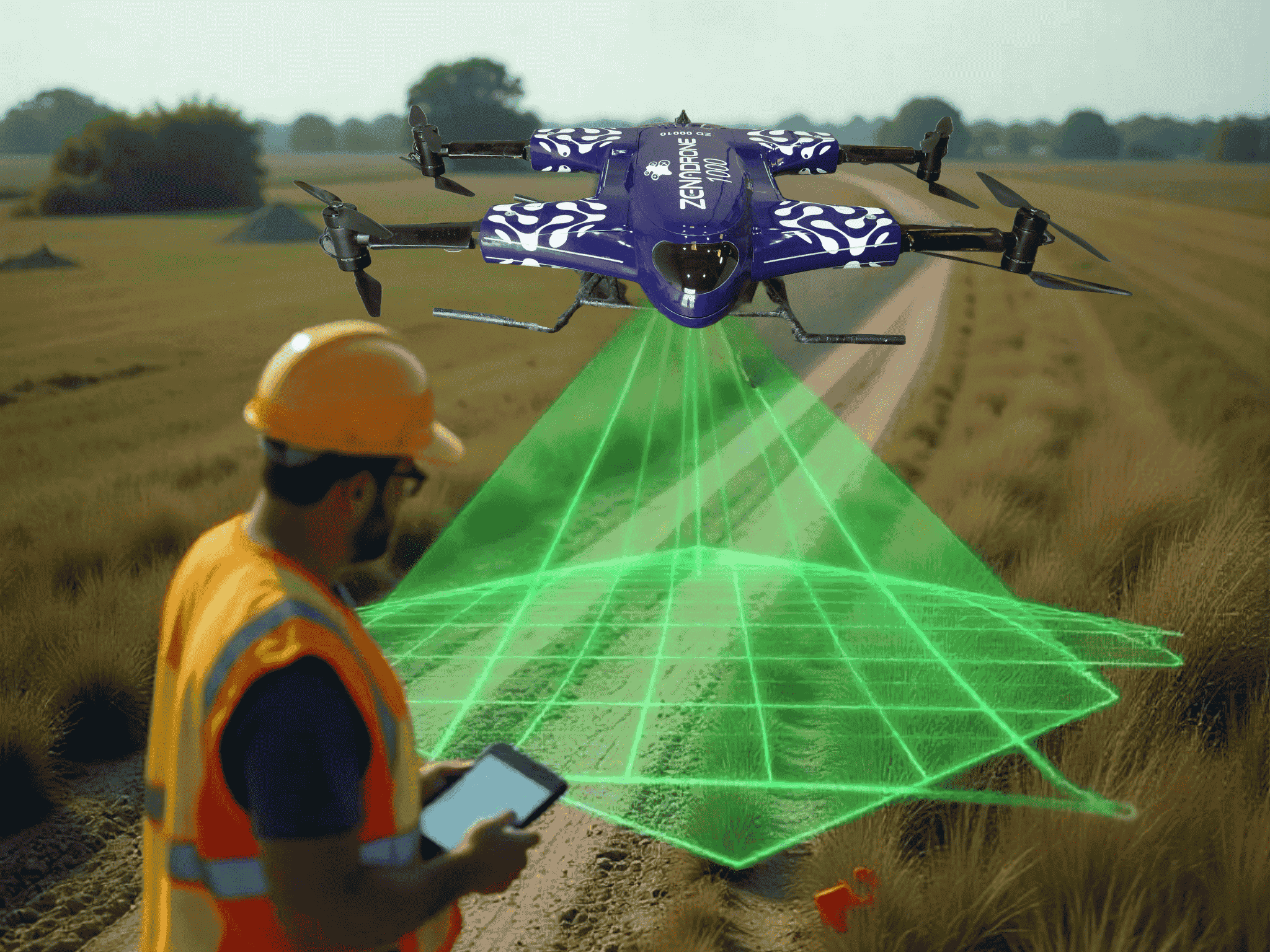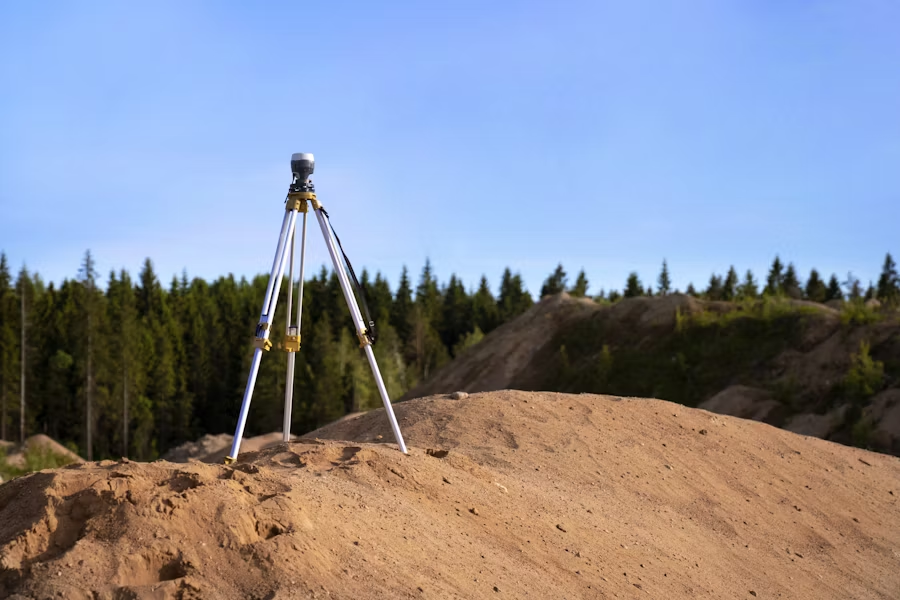What is industrial zoning and how can drones contribute to it?

Technology has surpassed what everyone thought it would become years back. As it continues to evolve, improve, transform, and adapt to the fast-paced world, maximizing its ability to help improve society is essential.
One of the most effective ways to maximize a society’s capacity and increase its economic capability is to look closely at the resources, particularly the land area. One way to help advance this process is through a series of zoning.
What is zoning?
Zoning is a set of laws that contribute to effective urban planning. Its rules help in the categorization of land measurement, area, the quality of the soil, and location to determine whether a real estate land is fit to become a:
- Commercial area – this land area is mainly dedicated to becoming a space for small businesses and retail establishments to provide a space for customers to visit.
- Industrial area – this land is for more significant buildings to provide a site for manufacturers and plants to have an organized space.
- Residential area – this land area is designed to provide settlements for people – housing, apartments, etc.
- Agricultural area – this land area can be used to accommodate farmers since its soil and other land qualities are best for agricultural uses.
Or other purposes that qualify the local government jurisdiction on the area qualifications. Zoning also helps regulate land use and ensure that it is used for the purpose that contributes to the overall city framework.
What is an industrial zone?
Determining industrial zones is one of the most essential aspects of city planning, as areas for industrial purposes hold a critical factor in producing goods and services.
- Industrial zones are larger areas compared to commercial zones.
- Industrial zones can accommodate extensive infrastructures like plants, factories, airports, storage facilities, etc.
Industrial zones are locations for manufacturing products and provide large-scale services for commercial and residential areas.
Why is industrial zoning necessary?
Since it has always been a critical discussion regarding real estate uses, performing industrial zoning for larger land areas helps establish industrial legality since its data helps provide facts to minimize conflicts.
The zoning will help produce data that includes:
- The limitations of the activities that can be done in that particular area
- The type of business is qualified to be there.
- The noise levels that will come from the area
- How extensive should the infrastructure be
- environmental considerations
Many other factors must be considered for businesses, especially if their desired industrial zone is close to commercial and residential areas.
How does zoning work?
When you zone a particular area, you outline the size of the whole area. Determine the type of purpose the land fits and will be allowed to have.
For example, urban planning in most cities needs to have a distinctive map of the areas that can be classified as residential, industrial, commercial, and agricultural.
Designating this area will help in contributing to economic development as maximizing real estate purposes will help:
- Regulate transportation areas
- manage noise pollution
- create more residential areas
- preserve natural resources
- Allocate agricultural areas
Industrial zoning requires legal permits before building a necessary infrastructure. Industrial zoning will help categorize what type of industrial zone fits the area, whether it is a heavy or light industrial zone.
Classifying areas for usage helps organize a system that will help control unnecessary land use by protecting the area from illegal settlers and usage.
Industrial zones can be classified into two different types:
Light Industrial Zoning
Light industrial zones focus more on producing consumer goods products and smaller-scale product manufacturing.
Examples of light industrial zones include but are not limited to:
- Repair garages
- Metalwork factories
- Fast-moving consumer-goods production
- Mills
- Solar facilities
Light industrial zoning is done to help create a design that will provide an accommodated working environment that relies on machinery for fast-paced production and servicing.
Heavy industrial zoning
Heavy industrial zones target businesses that produce larger-scale services and complex products, unlike light industrial zones.
Examples of heavy industrial zones include but are not limited to:
- Power Plants
- Mining Facilities
- Large infrastructures
- Chemical Plants
Areas in a heavy industrial zone can produce more significant amounts of noise and pollution as production status is responsible for making essential materials used to create products in light industrial zones.
What is the significance of drones in industrial zoning?
Since industrial zones are linked to an area with a more extensive infrastructure, such as factories, plants, airports, production, and storage facilities, zoning would take longer if the procedure relies on traditional equipment and methods.
With the development of industrial drones, zoning procedures can now be conducted much faster and with greater accuracy, enhancing safety and advanced data-gathering capabilities.
Initially designed to become a device used for military purposes, drones have now provided a reshaping in many industries, revolutionizing efficiency, accuracy, and safety in risky workspaces.
Industrial zoning contributes to safe and secure circumstances for businesses as its regulations align with the laws that govern an area’s jurisdiction and real estate laws.
In what ways do drones help in industrial zone planning?
Precise Area Image for Planning and Design
With the different perspectives that a drone provides for industrial zoning procedures, the allocation of space and building planning becomes more efficient as the topography helps identify potential challenges by optimizing the area layout.
Advanced Monitoring and Surveillance
For construction sites, monitoring the whole area is taxing. Before drones, monitoring and surveillance required manual monitoring and site visits to check on the state or progress of a place.
Drones are designed to cover larger areas to monitor real-time construction progress. With high-quality cameras and sensors, drones such as a ZenaDrone 1000 can provide data to help monitor large areas for faster decision-making and data-based information.
A piece of information provided by the drone during monitoring and surveillance can help in informed decision-making and problem solutions for any problems that may arise during flight time.
Effective Funds Allocation
Since drones can fly and provide data faster, they help reduce operational costs since manual labor is minimized, accidents are reduced, and they help speed up industrial processes for permits and building proper.
For instance, a single zoning procedure requires payments for workers spearheading the land zoning. Their trip expenses, such as gas, transportation, food, accommodation, and other stuff, are an expense when traditional zoning is observed. Compared to using a ZenaDrone 1000 for zoning purposes, it provides an improvement in cutting down expenses.
Controlling and even cutting expenses since the drones are already equipped with beneficial features for the companies.
Access to Reach Areas
Safety is a vital part of the construction industry. Since drones can provide data by autonomously controlling the device, it reduces the risk of accidents, especially when zoning a land.
Increase the Industrial Infrastructure Quality
Accurate land data provided by ZenaDron 1000 through its multispectral sensors and AI will help determine the most suitable design and materials for the soon-to-be-built infrastructure to withstand the area’s weather conditions and land formation.
Conclusion
Zoning is an effective way to help manage and solve urban settlements and other city real estate issues that have existed for many years. As the human population grows, settlement areas are expected to increase, providing metropolitan cities with smaller sizes to build industrial zones. To help create modern solutions, contact ZenaDrone 1000 and book a demo today!
Contact Us
Thank you for your message. It has been sent.
Latest Posts
Social Profiles















